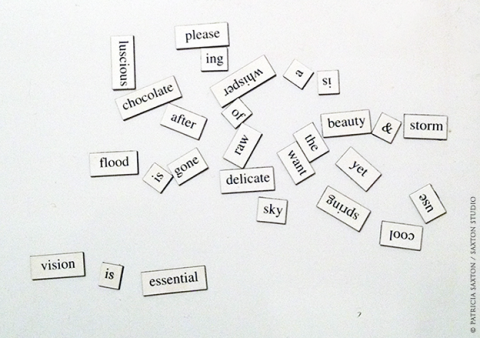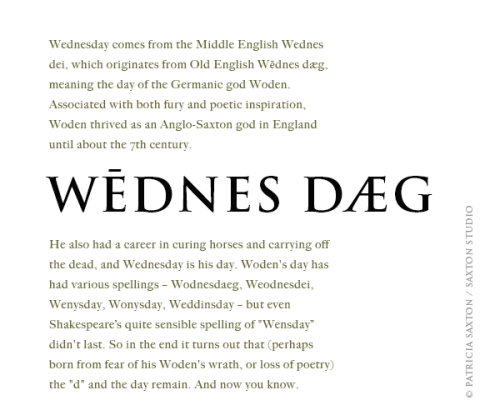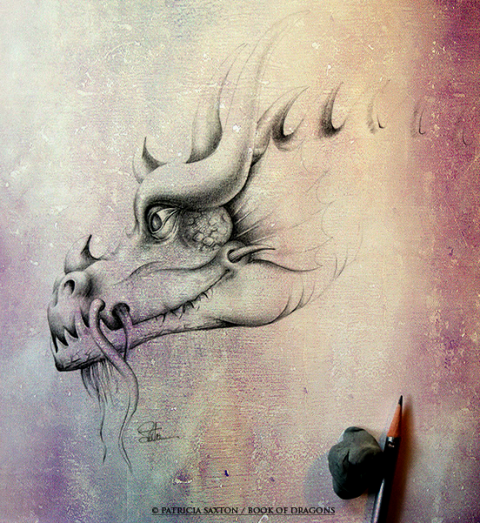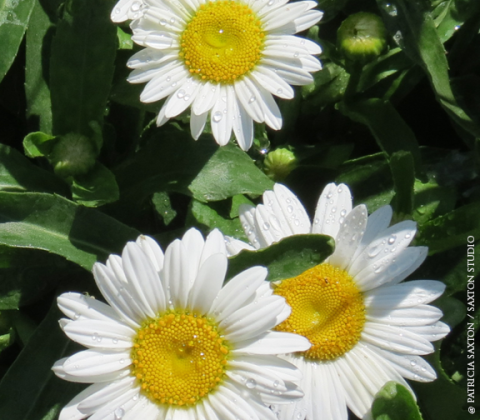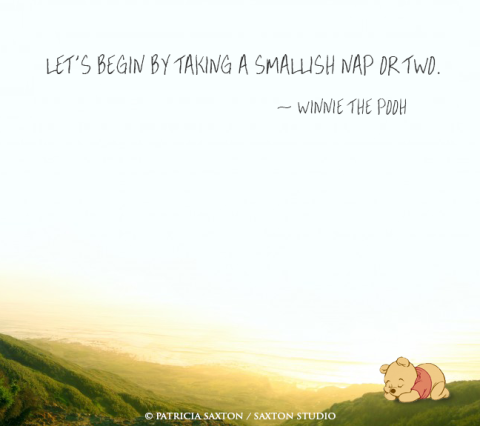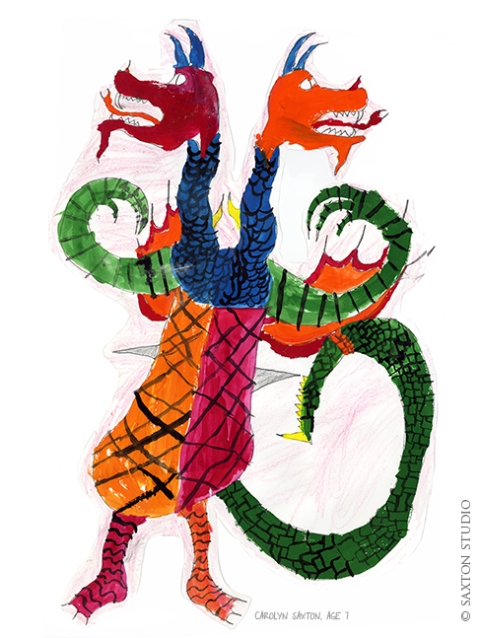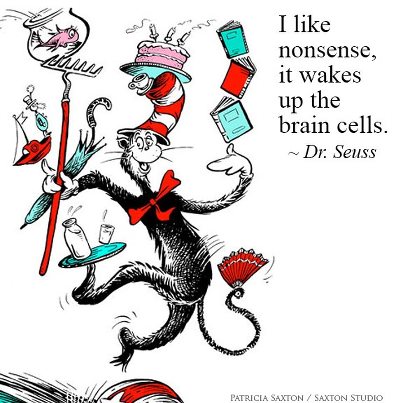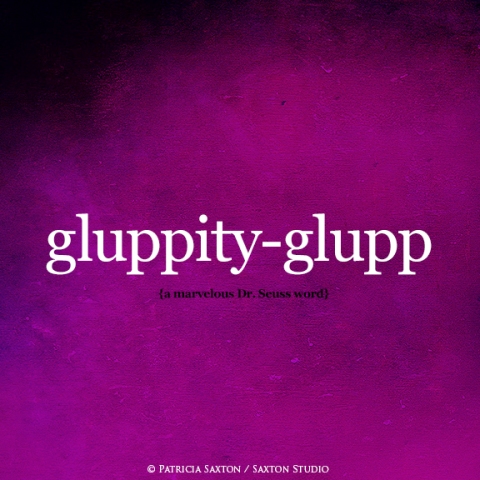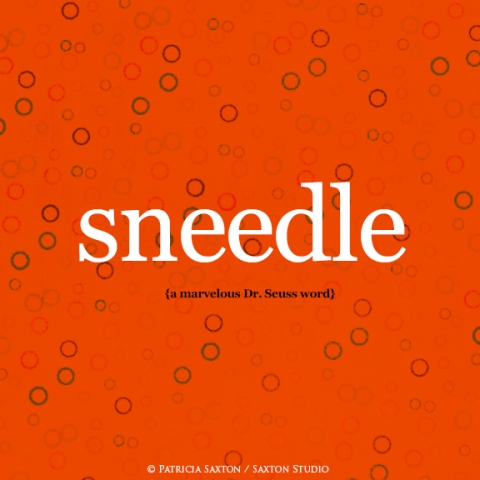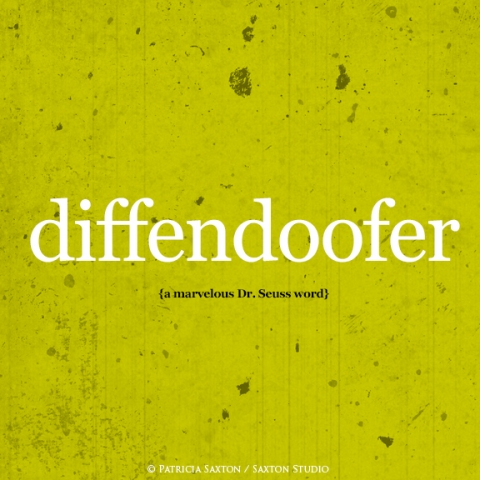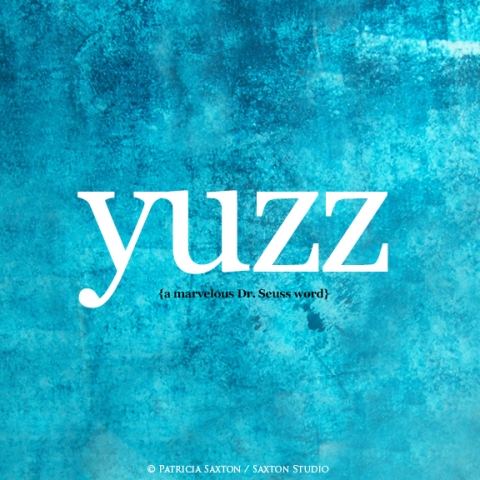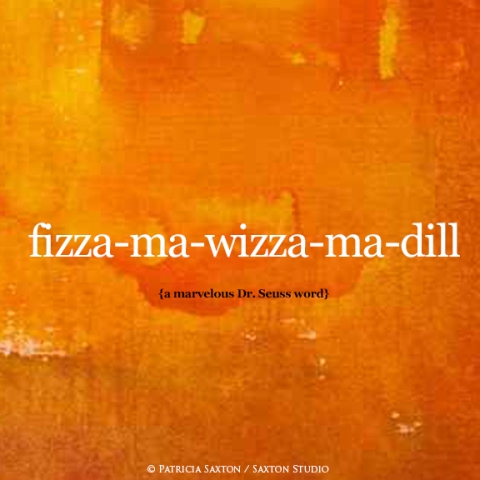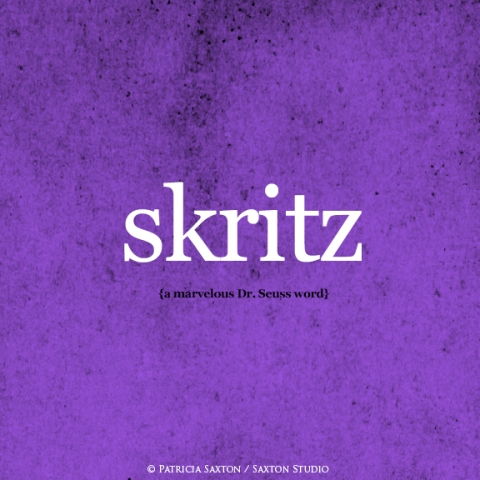Poetry as Ruler of the World
“I say, ‘Get me some poets as managers.’ Poets are our original systems thinkers. They contemplate the world in which we live and feel obligated to interpret, and give expression to it in a way that makes the reader understand how that world runs. Poets, those unheralded systems thinkers, are our true digital thinkers. It is from their midst that I believe we will draw tomorrow’s new business leaders.” ~ Sidney Harman, CEO Multimillionaire of a stereo components company”
― Daniel H. Pink
I stumbled upon this quote this morning, and it reminded me that when I read Daniel Pink’s “A Whole New Mind” a few years back, I was (given what I do) thrilled at his theory that right-brainers will rule the future. There’s a place for the creative, the innovative, the out-of-the-box thinker ~ more than ever! And not just any place, but a valued place. And not just a “dusting off the weariness of life” kind of valuable (although that’s important!), but a place that moves, shakes and shapes our world.
Of course, we all have elements of both; right and left brains. And perhaps because of a genetic blend making me feel fairly balanced in that department, I dislike labeling ~ or assuming, for example, that if someone is logical they aren’t creative, or someone who’s creative can’t be logical, because that’s simply not true. We have tendencies towards one or the other, most definitely, whether innate or learned, but both aspects reside in most people’s brains to some degree, and I presume for good reason. (So when my very creative daughter complains about having to learn Math, I insist that she needs to exercise that part of her brain to stay healthy and wise and grounded, and not end up with both head and feet in the clouds. “Use it or lose it” has real meaning here.)
That said, and putting aside my own personal glee at the prospect of “right brains” leading the future, the theory does have merit, especially when you consider how many previously human-held jobs have been replaced by increasingly efficient, computerized functions – freeing up some of us to be more creative and others to flounder for their bearings.
And while I’m not completely convinced that poets should be managers, I am convinced that there’s enormous opportunity for unlocking the floodgates of our ingenuity when more menial tasks are automated. And I think most people perform better when they’re inspired, rather than watching a clock, regardless if they’re mathematically or artistically driven ~ both of which can be dry or highly creative functions, depending on any given person’s combination of atoms and molecules, environment, and spirit.
To do anything well, to grow, stretch boundaries, reach the moon ~ to live better ~ we need to think big and welcome a fusion of the intuitive with the intellect. And really, it’s always been so, when great things have been achieved, but maybe we’ll honor it more. Maybe poetry will change the world!
So why not change even today ~ open your mind to the galaxy, and get to work.



